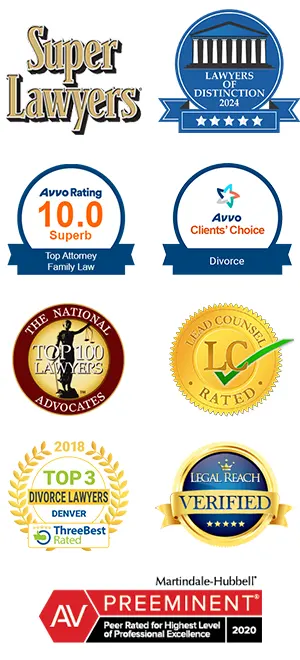 In Colorado, a computer crime is an offense that covers an extensive range of illegal computer activities. It occurs when an individual knowingly does one of the following:
In Colorado, a computer crime is an offense that covers an extensive range of illegal computer activities. It occurs when an individual knowingly does one of the following:
- Accesses computers without authorization or exceeds authorization;
- Accesses computers to execute or devise a scheme to defraud;
- Accesses computers to commit theft;
- Accesses computers and uses fraudulent or false promises or pretenses to obtain money, passwords, property, and anything else of value;
- Accesses a computer network, computer system, or any part thereof without authorization or in excess of authorization, and involves alteration, damage, impairment, or interruption to the computer, computer network, computer system, or any part thereof;
- Causes the transmission of a virus;
- Uses automated software to avoid purchasing limits for event tickets.
Degrees and Penalties of Computer Crimes
Computer crimes can range from class 2 misdemeanors to class 3 felonies. The severity for most computer crimes is based on the amount of financial harm that results. A computer crime is deemed a class 2 misdemeanor if the damage amounts to less than $500, and carries a minimum penalty of a $250 fine and/or three months’ imprisonment. The maximum penalty is a $1,000 fine and/or 12 months’ imprisonment.
A computer crime is deemed a class 1 misdemeanor if the financial damage amounts to anywhere from $500 and $1,000. It carries a minimum punishment of a $500 fine and/or six months’ imprisonment, and a maximum punishment of a $5,000 fine and/or 18 months’ imprisonment.
A computer crime is deemed a class 4 felony if the financial damage is between $1,000 and $20,000. It carries a sentence ranging from two years to six years’ imprisonment. For extraordinarily mitigating circumstances, the court may opt to impose a sentence shorter than two years. For extraordinarily aggravating circumstances, the court may opt to impose a sentence longer than six years.
If the financial damage amounts to $20,000 or more, a computer crime is deemed a class 3 felony. It carries a sentence ranging from four years to 12 years’ imprisonment. For extraordinarily mitigating circumstances, the court may opt to impose a sentence shorter than four years. For extraordinarily aggravating circumstances, the court may opt to impose a sentence longer than 12 years.
There are, however, two computer crimes whose punishments are not based on the amount of financial damage sustained. Using automated software to circumvent purchasing limits for event tickets is a class 1 misdemeanor, and each ticket purchased in this manner is deemed a separate offense.
Accessing a computer without authorization or exceeding authorization is a class 2 misdemeanor for a first offense, and is a class 6 felony if the accused has committed any form of computer crime in the past.
Contact Goldman Law, LLC Today
If you or someone you know has been accused of a computer crime, our Colorado criminal defense attorneys at Goldman Law, LLC are here to help you.
At Goldman Law, LLC, we will advocate aggressively for your rights, minimize damage as best as we can, and immediately begin crafting a plan to position your case for the best resolution possible. We will do whatever we legally can to get your case dismissed and the charges against your dropped. If dismissal is not feasible, our legal team will strive to have your charges and sentences reduced.
Hiring a criminal defense attorney is the most important decision you can make for your criminal case. To learn more about your rights and receive a professional case evaluation, contact Goldman Law, LLC at (720) 504-7437.



